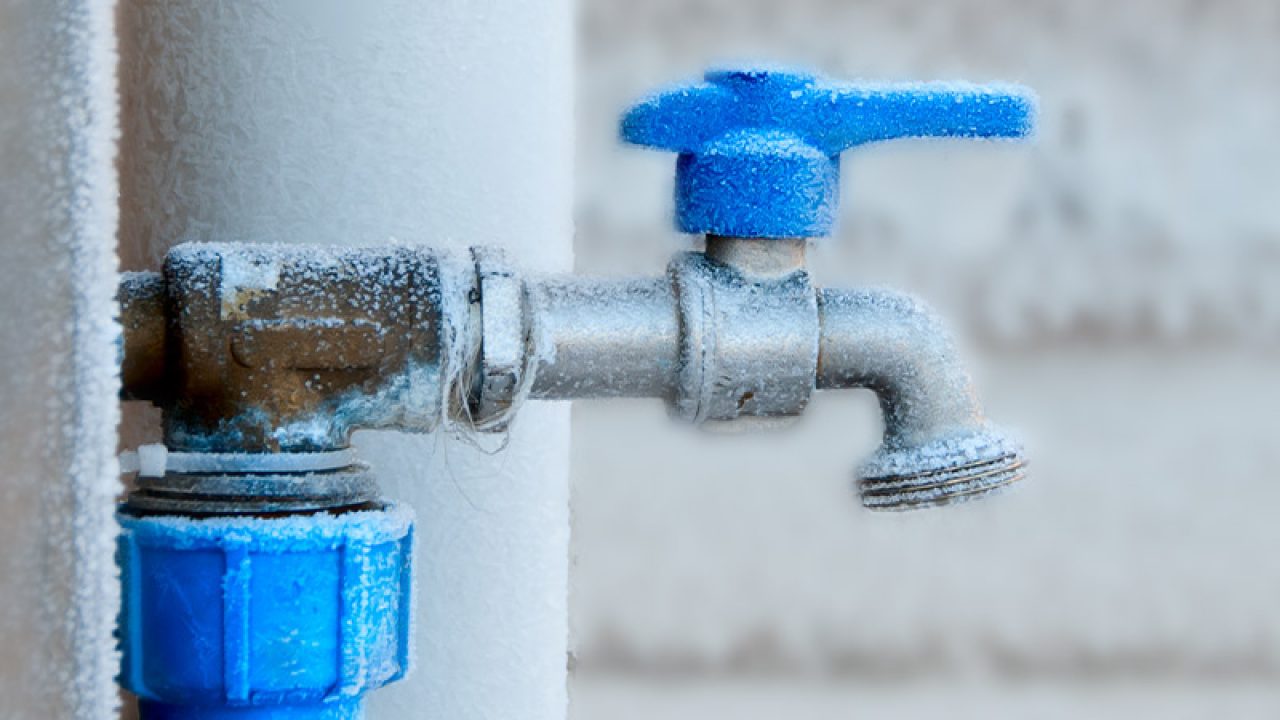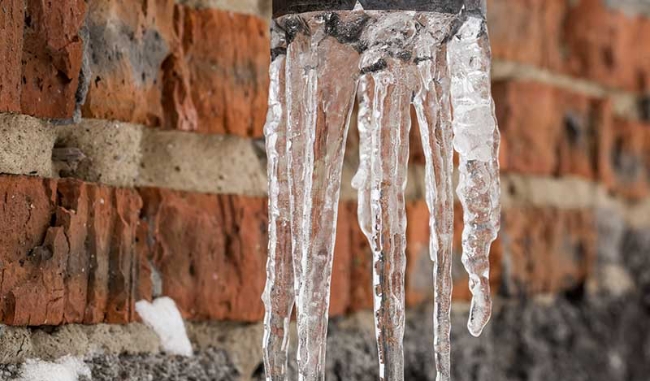Avoid Frozen Pipes in Winter: Expert Advice
Avoid Frozen Pipes in Winter: Expert Advice
Blog Article
Have you been hunting for suggestions involving Preventing and dealing with frozen pipes?

Winter can ruin your plumbing, particularly by freezing pipelines. Right here's exactly how to stop it from taking place and what to do if it does.
Introduction
As temperatures decline, the threat of icy pipes increases, possibly resulting in costly repair services and water damage. Recognizing just how to avoid frozen pipes is critical for house owners in cool environments.
Understanding Frozen Pipes
What triggers pipes to freeze?
Pipes freeze when subjected to temperature levels listed below 32 ° F (0 ° C) for expanded durations. As water inside the pipelines ices up, it expands, taxing the pipeline wall surfaces and potentially creating them to break.
Threats and problems
Frozen pipes can lead to water supply disturbances, residential property damages, and pricey repairs. Burst pipes can flood homes and trigger considerable architectural damage.
Indications of Frozen Water Lines
Identifying icy pipelines early can prevent them from breaking.
Exactly how to identify frozen pipelines
Seek lowered water flow from faucets, unusual odors or noises from pipelines, and noticeable frost on exposed pipelines.
Avoidance Tips
Shielding at risk pipes
Wrap pipes in insulation sleeves or utilize warm tape to secure them from freezing temperatures. Focus on pipelines in unheated or external locations of the home.
Home heating techniques
Keep interior areas sufficiently warmed, particularly areas with pipes. Open cupboard doors to enable warm air to distribute around pipelines under sinks.
Securing Exterior Pipes
Yard pipes and outdoor taps
Separate and drain garden pipes before wintertime. Mount frost-proof faucets or cover outdoor faucets with shielded caps.
What to Do If Your Pipes Freeze
Immediate activities to take
If you suspect icy pipelines, maintain taps open to ease stress as the ice melts. Use a hairdryer or towels taken in hot water to thaw pipelines gradually.
Long-Term Solutions
Architectural adjustments
Take into consideration rerouting pipes far from exterior wall surfaces or unheated areas. Add extra insulation to attic rooms, cellars, and crawl spaces.
Upgrading insulation
Buy top notch insulation for pipelines, attic rooms, and walls. Proper insulation assists maintain constant temperature levels and minimizes the threat of frozen pipes.
Conclusion
Stopping icy pipelines calls for proactive procedures and quick actions. By comprehending the causes, signs, and preventive measures, house owners can shield their plumbing throughout winter.
Helpful Tips to Prevent Frozen Pipes this Winter
UNDERSTANDING THE BASICS: WHY PIPES FREEZE AND WHY IT’S A PROBLEM
Water freezing inside pipes is common during the winter months, but understanding why pipes freeze, and the potential problems it can cause is crucial in preventing such incidents. This section will delve into the basics of why pipes freeze and the associated problems that may arise.
THE SCIENCE BEHIND FROZEN PIPES
When water reaches freezing temperatures, it undergoes a physical transformation and solidifies into ice. This expansion of water as it freezes is the primary reason pipes can burst. As the water inside the pipe freezes, it expands, creating immense pressure on the walls. If the pressure becomes too great, the pipe can crack or rupture, leading to leaks and water damage.
FACTORS THAT CONTRIBUTE TO PIPE FREEZING
Low Temperatures: Extremely cold weather, especially below freezing, increases the risk of pipes freezing. Uninsulated or Poorly Insulated Pipes: Pipes located in unheated areas, such as basements, crawl spaces, or attics, are more prone to freezing. Insufficient insulation or lack of insulation altogether exacerbates the problem. Exterior Wall Exposure: Pipes running along exterior walls are susceptible to freezing as they encounter colder temperatures outside. Lack of Heating or Temperature Regulation: Inadequate heating or inconsistent temperature control in your home can contribute to frozen pipes. PROBLEMS CAUSED BY FROZEN PIPES
- Pipe Bursting: As mentioned earlier, the expansion of water as it freezes can cause pipes to burst, resulting in significant water damage.
- Water Damage: When pipes burst, it can lead to flooding and water damage to your property, including walls, ceilings, flooring, and personal belongings.
- Structural Damage: Prolonged exposure to water from burst pipes can compromise the structural integrity of your home, leading to costly repairs.
- Mold and Mildew Growth: Excess moisture from water damage can create a favorable environment for mold and mildew growth, posing health risks to occupants.
- Disrupted Water Supply: Frozen pipes can also result in a complete or partial loss of water supply until the issue is resolved.
WHY CERTAIN PIPES ARE MORE PRONE TO FREEZING
- Location: Pipes located in unheated or poorly insulated areas, such as basements, crawl spaces, attics, or exterior walls, are at higher risk of freezing.
- Exterior Pipes: Outdoor pipes, such as those used for irrigation or exposed plumbing, are particularly vulnerable to freezing as they are directly exposed to the elements.
- Supply Lines: Pipes that carry water from the main water supply into your home, including the main water line, are critical to protect as freezing in these lines can affect your entire plumbing system.
- Underground Pipes: Pipes buried underground, such as those connected to sprinkler systems or outdoor faucets, can be susceptible to freezing if not properly insulated.
https://busybusy.com/blog/helpful-tips-to-prevent-frozen-pipes-this-winter/

Hopefully you enjoyed our excerpt about Helpful Tips to Prevent Frozen Pipes this Winter. Many thanks for taking the time to read our piece of content. Do you know somebody else who is serious about the subject? Feel free to share it. Thanks a bunch for your time. Return soon.
Call Today Report this page